Predictors of Neurofeedback Outcomes Following qEEG Individualized Protocols for Anxiety
Gregory, J.C., Romero, D.E., Jones, M.S.(2020) Predictors of Neurofeedback Outcomes following qEEG Individualized Protocols for Anxiety. Neuroregulation, 7(1), 18-25.
Effective Neurofeedback applications in anxiety and attention symptomatology in adolescents
Tsatali, M., Sidiropoulos, S., & Bamidis, P. (2019). Effective Neurofeedback applications in anxiety and attention symptomatology in adolescents. LEncéphale,45. doi:10.1016/j.encep.2019.04.041
This study observed a group of adolescents who reported with symptoms of anxiety. After 10 sessions of neurofeedback training anxiety symptoms were found to be reduced.
Combined Neurofeedback and Heart Rate Variability Training for Individuals with Symptoms of Anxiety and Depression: A Retrospective Study
White, Elyse K., et al. (2017). Combined Neurofeedback and Heart Rate Variability Training for Individuals with Symptoms of Anxiety and Depression. International Society for Neurofeedback & Research. 37-55
An effective Neurofeedback training, with cortisol correlates, in a clinical case of anxiety
Costa, Marta A., et al. (2016). An effective Neurofeedback training, with cortisol correlates, in a clinical case of anxiety.
Neurofeedback Treatment of Depression and Anxiety
Hammond, Corydon D. (2005). Neurofeedback Treatment of Depression and Anxiety. Journal of Adult Development. 131-137
Review of EEG Biofeedback Treatment of Anxiety Disorders
Moore, N. C. (2000). A Review of EEG Biofeedback Treatment of Anxiety Disorders. Clinical Electroencephalography,31(1), 1-6.
This article outlines the research that has examined Neurofeedback for anxiety conditions up until 2000, highlighting that alpha, theta, and alpha-theta enhancement is effective. Universitas Psychologica.
Neurofeedback as a Treatment Intervention in ADHD: Current Evidence and Practice
Enriquez-Geppert, S., Smit, D., Pimenta, M.G. et al. Neurofeedback as a Treatment Intervention in ADHD: Current Evidence and Practice. Curr Psychiatry Rep 21, 46 (2019). https://doi.org/10.1007/s11920-019-1021-4
Sustained effects of Neurofeedback in ADHD: a systematic review and meta-analysis.
Van Doren, J., et al. (2018). Sustained effects of Neurofeedback in ADHD. European Child & Adolescent Psychiatry. 1 – 13.
Effectiveness of Neurofeedback Treatment on Adult ADHD: A Meta-Analysis
Narimani, M., Ensafi, E., & Mohajeri Aval, N. (2018). Effectiveness of Neurofeedback Treatment on Adult ADHD: A Meta-Analysis. Journal of Practice in Clinical Psychology, 6(2), 73-82. https://doi.org/10.29252/nirp.jpcp.6.2.73
Functional connectivity changes associated with fMRI neurofeedback of right inferior frontal cortex in adolescents with ADHD
Rubia, K., Criaud, M., Wulff, M., Alegria, A., Brinson, H., Barker, G., … Giampietro, V. (2018, December 1). Functional connectivity changes associated with fMRI neurofeedback of right inferior frontal cortex in adolescents with ADHD.
In-School Neurofeedback Training for ADHD. Pediatrics.
EEG Neurofeedback treatments in children with ADHD: an updated meta-analysis of randomized controlled trials
Micoulaud-Franchi, Jean-Arthur, et al. (2014). EEG Neurofeedback treatments in children with ADHD. Frontiers in Human Neuroscience.
Neurofeedback is the Best Available First-Line Treatment for ADHD: What is the Evidence for this Claim?
Pigott, H. Edmond., Cannon, Rex. (2014). Neurofeedback is the Best Available First-Line Treatment for ADHD: What is the Evidence for this Claim? International Society for Neurofeedback and Research. 4-23.
Training for Success in a Child with ADHD: Case study
Lena Santhirasegaram, BSc, Lynda Thompson, PhD, Andrea Reid, MA, CCC, and Michael Thompson, MD (2013).Training for Success in a Child with ADHD: Case study. Biofeedback Vol 41 Issue 2, 75-81. DOI: 10.5298/1081-5937-41.2.07
Neurofeedback in ADHD: a single-blind randomized controlled trial
Bakhshayesh, A.R., Hänsch, S., Wyschkon, A. et al. Neurofeedback in ADHD: a single-blind randomized controlled trial. Eur Child Adolesc Psychiatry 20, 481 (2011). https://doi.org/10.1007/s00787-011-0208-y
Brainwave Neurofeedback for Autism: Can It Help?
A fair and brief look at the state of research on Neurofeedback and Autism.
Book: How Neurofeedback Saved My Son from Autism
by Ng Sun Luen (2017)
The Effect of Neurofeedback on Brain Waves in Children With Autism Spectrum Disorders
Hemmati, S., et al. (2016). The effect of Neurofeedback on brain waves in children with ASD. Iranian Rehabilitation Journal. 133-138
Brain Waves and Connectivity of Autism Spectrum Disorders
Fauzan, N., Amran, N. H. (2015). Brain waves and connectivity of ASD. Procedia – Social and behavioral Sciences. 882-890
Connectivity-Guided EEG Biofeedback for Autism Spectrum Disorder: Evidence of Neurophysiological Changes (2014)
Coben, Robert., et al. (2014). Connectivity-Guided EEG Biofeedback for ASD. International Society for Neurofeedback & Research.
LORETA Z-score Neurofeedback-Effectiveness in Rehabilitation of Patients Suffering from Traumatic Brain Injury
Koberda, J.L. (2015). LORETA Z-score Neurofeedback-Effectiveness in Rehabilitation of Patients Suffering from Traumatic Brain Injury. Journal of Neurology and Neurobiology.
EEG Neurofeedback therapy: Can it attenuate brain changes in TBI?
Munivenkatappa, A., et al. (2014). EEG Neurofeedback therapy: Can it attenuate brain changes in TBI? NeuroRehabilitiation. 481-4.
Evaluation of Neurofeedback for Posttraumatic Stress Disorder Related to Refugee Experiences Using Self-Report and Cognitive ERP Measures
Askovic, M., Watters, A. J., Coello, M., Aroche, J., Harris, A. W., & Kropotov, J. (2019). Evaluation of Neurofeedback for Posttraumatic Stress Disorder Related to Refugee Experiences Using Self-Report and Cognitive ERP Measures. Clinical EEG and Neuroscience,155005941984917. doi:10.1177/1550059419849170
Refugee participants who received trauma therapy in combination with neurofeedback experienced lower anxiety, depression and trauma symptoms compared to those who just received trauma therapy.
Current Status of Neurofeedback for Post-Traumatic Stress Disorder
Chiba, T., Kanazawa, T., Koizumi, A., Ide, K., Taschereau-Dumouchel, V., Boku, S., Hishimoto, A., Shirakawa, M., Sora, I., Lau, H., Yoneda, H., & Kawato, M. (2019). Current Status of Neurofeedback for Post-traumatic Stress Disorder: A Systematic Review and the Possibility of Decoded Neurofeedback. Frontiers in human neuroscience, 13, 233. https://doi.org/10.3389/fnhum.2019.00233
A Controlled Study on the Cognitive Effect of Alpha Neurofeedback Training in Patients with Major Depressive Disorder
Javier, Marco, Ridder, D., Dirk, & Javier. (2014, August 13). A controlled study on the cognitive effect of alpha neurofeedback training in patients with major depressive disorder.Retrieved from https://www.frontiersin.org/articles/10.3389/fnbeh.2014.00296/full#h5
EEG-based neurofeedback shows promise in treating Major Depressive Disorder by improving cognitive functions such as working memory, which ultimately contributes to fewer depressive symptoms.
Baehr, Rosenfeld, & Baehr
Baehr, E., Rosenfeld, J. P., & Baehr, R. (2010). Clinical Use of an Alpha Asymmetry Neurofeedback Protocol in the Treatment of Mood Disorders. Journal of Neurotherapy,11-18.
Neurofeedback was able to improve mood disorder symptomatology in participants via improvement in frontal asymmetry and have long lasting impact on these individuals after talk-based therapies created little to no improvement in their depressive symptoms.
The impact of coherence Neurofeedback on reading delays in learning disabled children: A randomized controlled study
Cohen, Robert., et al. (2015). The impact of coherence Neurofeedback on reading delays in learning disabled children: A randomized controlled study. International Society for Neurofeedback & Research. 168-178
Improvements in Spelling After QEEG-based Neurofeedback in Dyslexia: A Randomized Controlled Treatment Study
Marinus, H.M., et al. (2010). Improvements in Spelling after QEEG-based Neurofeedback in Dyslexia: A Randomized Controlled Treatment Study. Applied Psychophysiology and Biofeedback. 5 – 11.
Children with dyslexia were observed and administered QEEG-based neurofeedback which significantly improved their difficulty spelling, implying that neurofeedback might be an important development in treating dyslexia.

